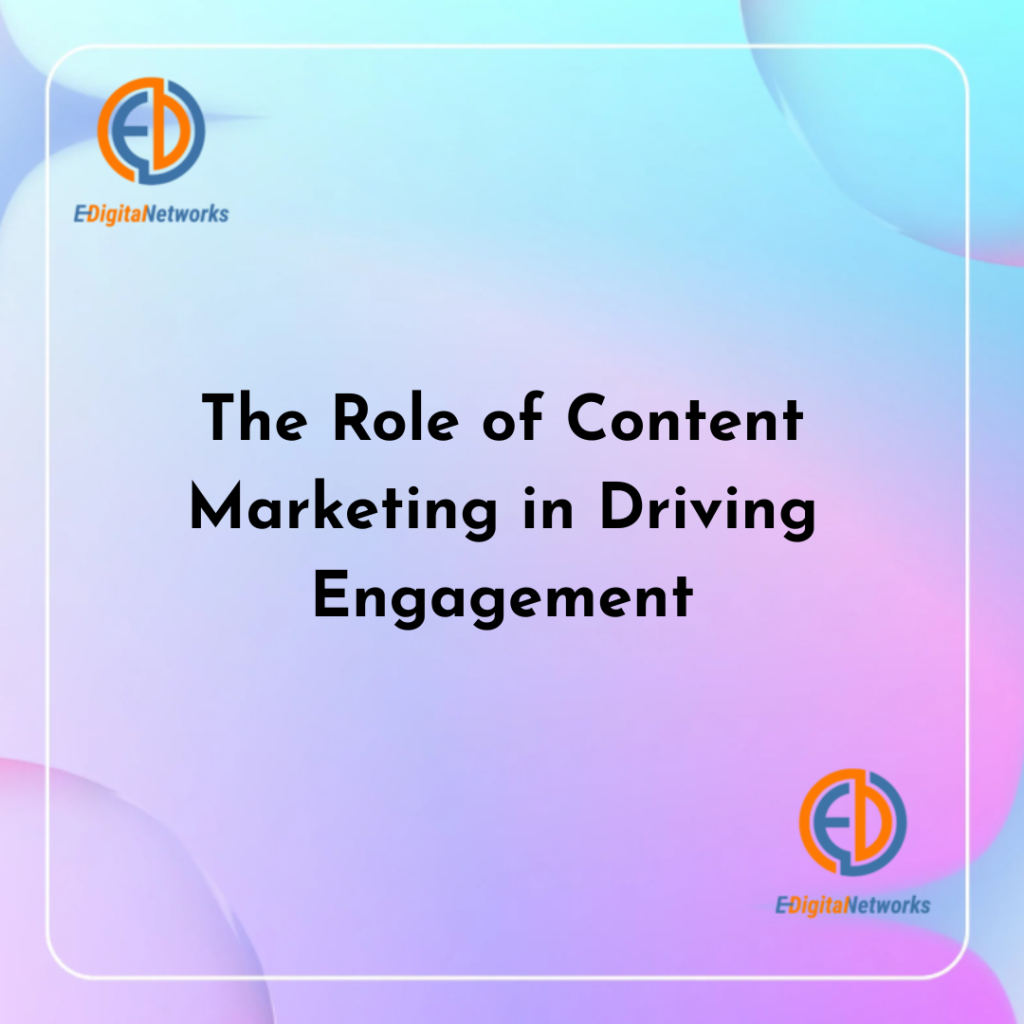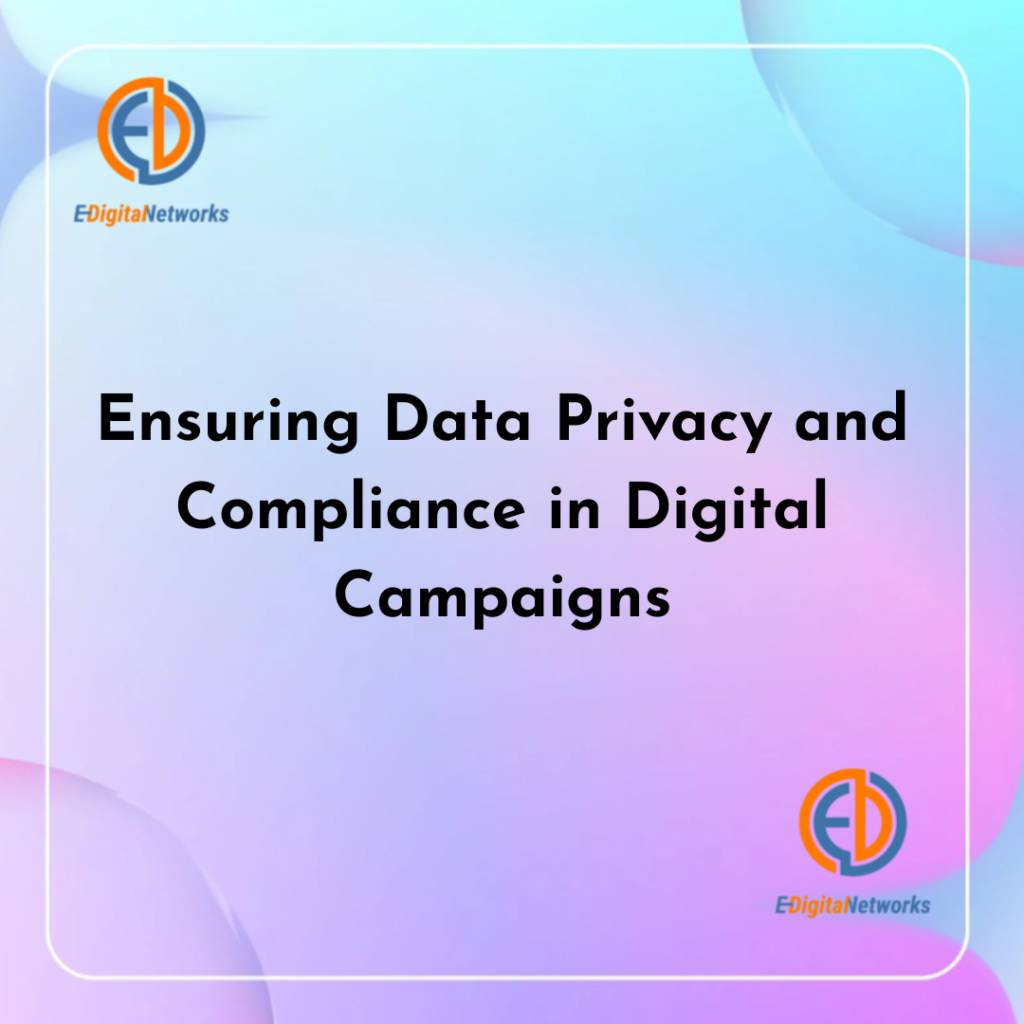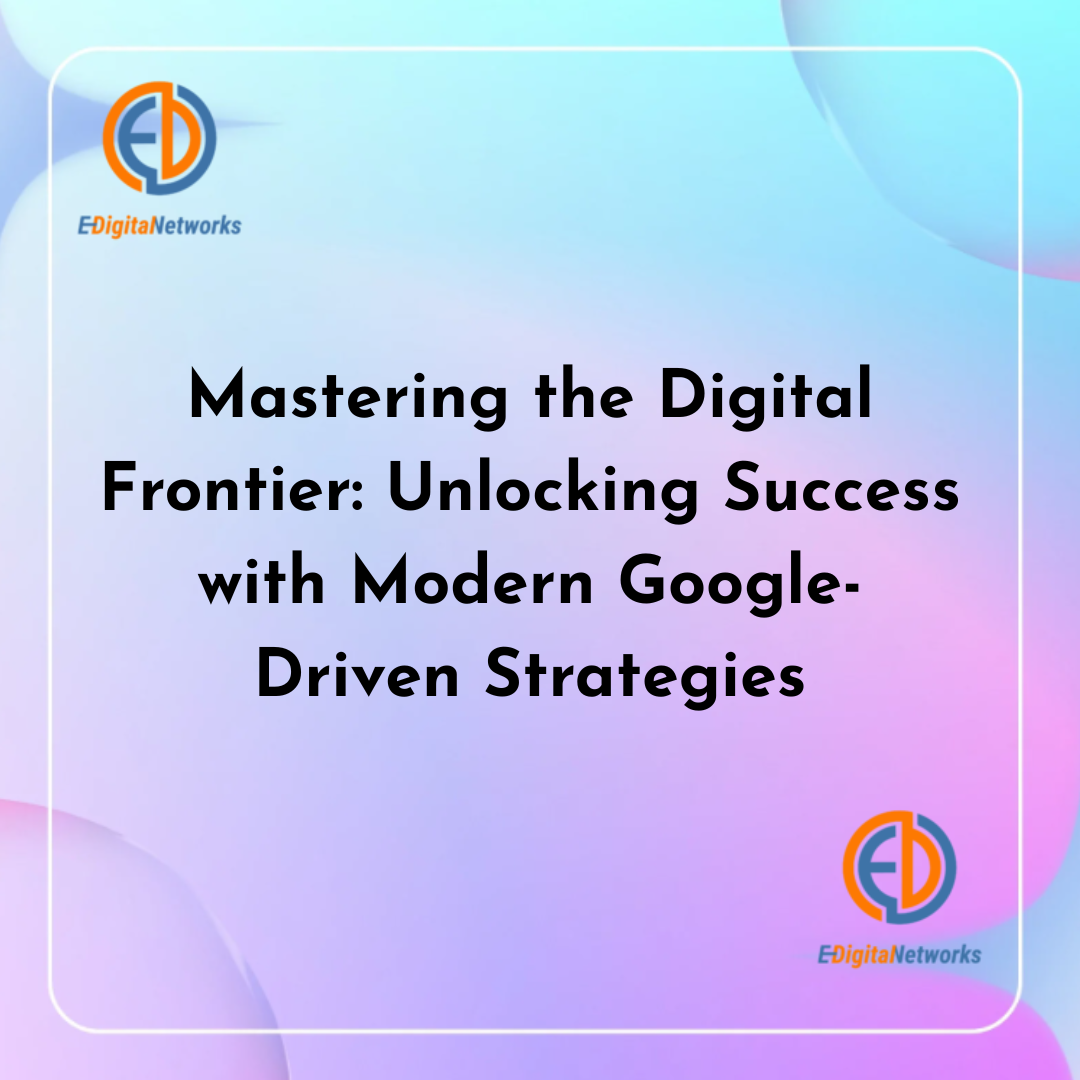In today’s hyper-competitive digital era, businesses must harness innovative online strategies to remain relevant and profitable. The journey begins by understanding that the landscape is constantly evolving, and staying ahead requires continuous learning, adaptation, and the effective use of cutting-edge platforms.
Courses, webinars, and expert insights guide companies as they develop robust digital campaigns, optimize conversion funnels, and craft compelling content that resonates with their target audiences. Pioneering resources like digital marketing site drive Google com offer a comprehensive toolkit for marketers to drive results in a highly competitive environment.
These strategies not only help you reach a broader audience but also empower you to make data-driven decisions that enhance visibility and engagement. Emphasizing creativity and innovation, today’s digital marketing approach moves beyond traditional methods, integrating social media, SEO, and pay-per-click advertising into a cohesive strategy that drives sustainable growth.
Equally transformative, platforms such as Google Digital Unlocked serve as gateways to advanced learning, enabling marketers to master emerging trends and technologies that are reshaping the industry. This detailed resource explores how a deep understanding of modern digital techniques can propel your business forward, ensuring that you stay ahead of your competitors and keep pace with evolving consumer behaviors.
The following sections dive into essential components of digital marketing strategies, providing insights on everything from analytics to mobile optimization, and offering actionable recommendations that are both innovative and practical. By embracing this holistic approach, you not only boost engagement and conversion rates but also build a resilient brand that thrives in the ever-changing digital ecosystem.
Whether you’re a seasoned professional or just starting your journey, the insights shared here will help you unlock the full potential of your digital marketing efforts and lead your business to new heights.
The Evolution of Digital Marketing Strategies
From the early days of simple email campaigns and banner advertisements, digital marketing has advanced significantly. Complex, data-driven methods that make use of creativity and technology define today’s world. In order to ensure that every campaign is both efficient and effective, marketers today precisely target consumers using sophisticated tools and data. Rapid technology breakthroughs and shifts in customer behavior have driven this evolution, making it crucial for firms to continuously innovate and adapt. Businesses can ensure long-lasting effect in a competitive digital world by recognizing how digital strategies have changed and laying a foundation that accepts new methods while staying focused on fundamental marketing ideas.
Leveraging Data Analytics for Strategic Decision-Making
Data analytics is essential for forming strategic choices in today’s digital environment. Marketers may obtain priceless insights into consumer behavior, marketing effectiveness, and new trends by utilizing real-time data. Businesses are able to optimize all facets of their digital marketing endeavors and refine their tactics thanks to this study. By monitoring key performance metrics, advanced analytics solutions help decision-makers spot opportunities, reduce risks, and increase return on investment. The ensuing data-driven insights enable businesses to launch customized, targeted campaigns that cater to particular client demands, eventually fostering deeper engagement and company expansion.
Crafting a Cohesive Digital Strategy
Several marketing channels must be seamlessly integrated into a single, cohesive plan for a digital strategy to be successful. Aligning your brand messaging across paid advertising, content marketing, SEO, and social media is essential to developing a unified strategy. When properly implemented, this cohesive approach not only increases brand awareness but also guarantees message consistency, which fosters audience trust. Setting specific goals, allocating resources, and regularly assessing performance are all part of holistic planning. This all-encompassing strategy guarantees that each campaign component functions in unison, allowing your company to accomplish strategic goals and adjust to quickly shifting market conditions.

The Role of Content Marketing in Driving Engagement
The foundation of successful digital marketing is still content. In addition to drawing in your target audience, excellent, captivating content positions your company as a trustworthy authority in your field. You may provide your audience helpful information that builds loyalty and trust by producing informative films, articles, and infographics. Data and narrative are combined in a powerful content strategy to make sure your message not only educates but also motivates action. Careful preparation, imaginative expression, and a thorough comprehension of your audience’s demands are necessary for effective content marketing. Stronger client relationships and steady business growth are the results of this ongoing cycle of content production, dissemination, and analysis.
Social Media Integration for Enhanced Brand Visibility
Social media platforms offer an unmatched chance to interact in real time with viewers. You may increase interaction, generate traffic, and leave a lasting impression by carefully incorporating social media into your digital marketing strategies. Social media platforms provide a range of formats to suit distinct audience segments, from live streaming and interactive advertisements to postings and tales. A successful social media strategy creates a brand community that promotes communication and loyalty. Authenticity, consistent message, and quick customer service are essential for success on these platforms. Businesses may expand their reach and establish a dynamic, engaging online presence that draws in and keeps clients by carefully integrating social media.
Optimizing Paid Advertising Campaigns
An effective digital marketing plan still must include paid advertising. Businesses can precisely target particular audiences using platforms like Google Ads and social media networks, sending them customized messages that encourage transactions. Careful planning, thorough testing, and ongoing monitoring are necessary for sponsored campaign optimization in order to make sure that every ad successfully supports your overarching purpose. Marketers may optimize their ROI while controlling expenses by utilizing predictive analytics and sophisticated bidding techniques. Paid advertising’s strength is its ability to produce results right away, and when paired with a sound organic approach, it greatly improves total online performance.
Website Optimization for Improved User Experience
A company’s website serves as both its online store and its main channel of communication with prospective clients. Optimizing your website entails more than just making it seem better; it also entails improving accessibility, performance, and functionality to provide a smooth user experience. High-quality content, adaptable design, and easy navigation are some strategies that guarantee visitors stay interested and increase conversion rates. Because search engines favor websites that provide better user experiences, SEO also heavily relies on effective website optimization. In addition to increasing traffic, investing in a well-optimized website builds a solid brand reputation that supports all of your digital marketing initiatives.
Mobile Marketing and Its Growing Influence
As smartphones become more and more common, mobile marketing has become a vital tool for connecting with clients while they’re on the road. In order to make sure that websites, advertisements, and content are completely accessible and easy to use on smaller screens, marketers are now concentrating on mobile campaign optimization. Speed, ease of use, and interaction are given priority in mobile-first initiatives, which enable firms to connect with a wider audience. Businesses may provide a more individualized experience by adopting mobile marketing, which uses push notifications and location-based services to interact with customers in real time. To reach the growing number of mobile-savvy customers, a deliberate focus on mobile technologies is necessary.

Ensuring Data Privacy and Compliance in Digital Campaigns
Ensuring data privacy and regulatory compliance has never been more crucial as digital marketing tactics get more complex. Businesses now place a high premium on security and transparency as consumers’ concerns about the usage of their personal information grow. Establishing and preserving confidence requires the implementation of strong data protection procedures. In addition to protecting your company from legal problems, compliance with laws like the CCPA and GDPR improves the reputation of your business. Marketers may develop campaigns that uphold user rights and provide individualized experiences by implementing best practices in data privacy. In the digital era, striking a balance between privacy and personalization is essential to creating enduring client connections.
Future Trends and Innovations in Digital Marketing
Digital marketing will continue to evolve and innovate at a quick pace in the future. New technologies like voice search, machine learning, and artificial intelligence are changing how companies communicate with their clients. These developments raise the possibility of ever more specialized, effective, and customized marketing approaches. Maintaining a competitive edge as the digital ecosystem changes will depend on staying ahead of emerging technologies and changes in customer behavior. To stay on the cutting edge of industry innovation, forward-thinking businesses are already investigating new opportunities like augmented reality, interactive content, and sophisticated analytics. Adopting these emerging trends will provide you the flexibility you need to adjust to a dynamic environment, ensuring long-term success and market leadership.
Conclusion
In summary, the ever-changing landscape of digital marketing necessitates an integrated strategy that blends technology, strategy, and innovation. Businesses may develop effective campaigns that stimulate engagement and growth by using strong techniques, such as mobile optimization, sophisticated analytics, and data protection. You may seize new chances and advance your brand with constant learning and adaptation, guaranteeing long-term success in the ever evolving digital market.

